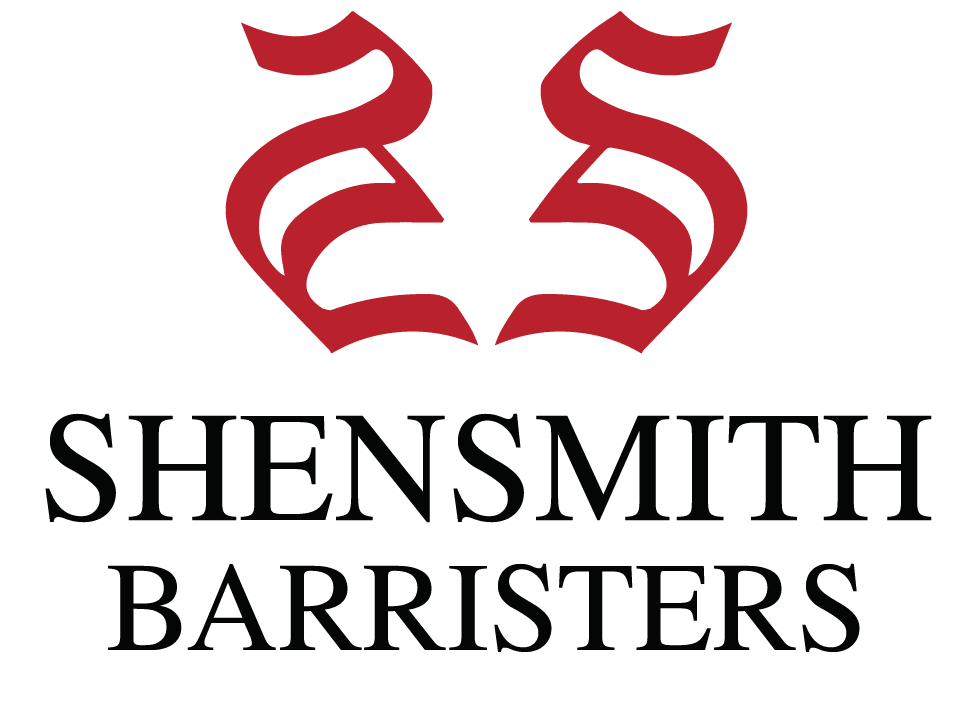(transcription:)
Businesses, regulations, and the law.
Businesses today, whether they be large or small, have never been subject to so much regulation. And that is so, whether it be Health and Safety regulations, or regulations controlling some other aspect of whatever that is the business is engaged in. You don’t need to tell me that it is difficult enough running a business in these strained economic times, as well as having to look over your shoulder and make sure that you are regulation compliant. And it is becoming increasing time consuming.
The consequences of a regulatory investigation
And any investigation brought by any of the bodies, responsible for policing those regulations may carry with it serious consequences. Incidents that might give rise to such investigation commonly involve accidents at the workplace, but they can just as easily involve other areas covered by government regulations; such as food hygiene or transport. In fact, when you think about it, there isn’t an area of our lives that isn’t now covered by many, many regulations – some might say too many.
Prosecution as a result of a regulatory investigation
If an investigation leads to a prosecution, the fines are likely to be in the region of 5 or even 6 figures, excluding the prosecution’s costs. The collateral effects would include reputational damage, damaged relationship with clients, shareholder disapproval ( if the company is big enough to have shareholders), adverse affect upon credit lines, and obviously an impact upon personnel. There may also be consequential civil claims, for example, by the state of the deceased, or injured employee seeking damages, who might seek reply upon the fact of a conviction of the criminal court, in order to reinforce their civil claim.
The first thought many may have when the HSC (Health and Safety Commission) or some other bodies responsible for enforcing government regulations knocks on the door, is to reach the telephone and phone a solicitor. And at the end of that case, their bill (no doubt) together with the bill of the barrister, they will most likely instruct, will fall through your letter box.
Advice and negotiations at an early stage of such an investigation is critical. It can often be critical to the investigation’s outcome. If the matter turns into a prosecution, of course, it will be brought as a criminal case. And that involves specialist knowledge of the regulations, the criminal law generally, and the law of evidence. But most importantly, considerable adversarial skills will be required, either before a Magistrate’s Court, or before a Crown Court and jury if it’s more serious. And now barristers, of course, are the specialist advocates. And I’ve been practised in these criminal courts as a specialist advocate for well over 30 years. I have the resources of a team behind me, a team of investigators who can assist in the preparation of a case, and who can assist me in putting forward, and putting together submissions to an investigating body which may well be pivotal in dictating what the outcome of that investigation will be.
The advantage of instructing a barrister to advise during regulatory investigations
The singular advantage of coming to me in the beginning is that I can advise and negotiate on your behalf during the investigation, and if necessary, ultimately represent you if the matter goes to court. It also means that I have full control over the course of the investigation and the way in which the case is put together. I can also advise you upon the choice of any experts that are required in the case, because over my many years of experience, I have come across many experts and obviously know who are the good ones, and who perhaps aren’t.
Based on my many years of experience, I know who the leaders in their fields are, and so the net result of the instructing me is that the process of delivery of advice, the advice you urgently need, you get it immediately. And if any representation is required thereafter, you have have the advantage of having the person at the helm from the beginning.
STEPHEN HARVEY Q.C.
